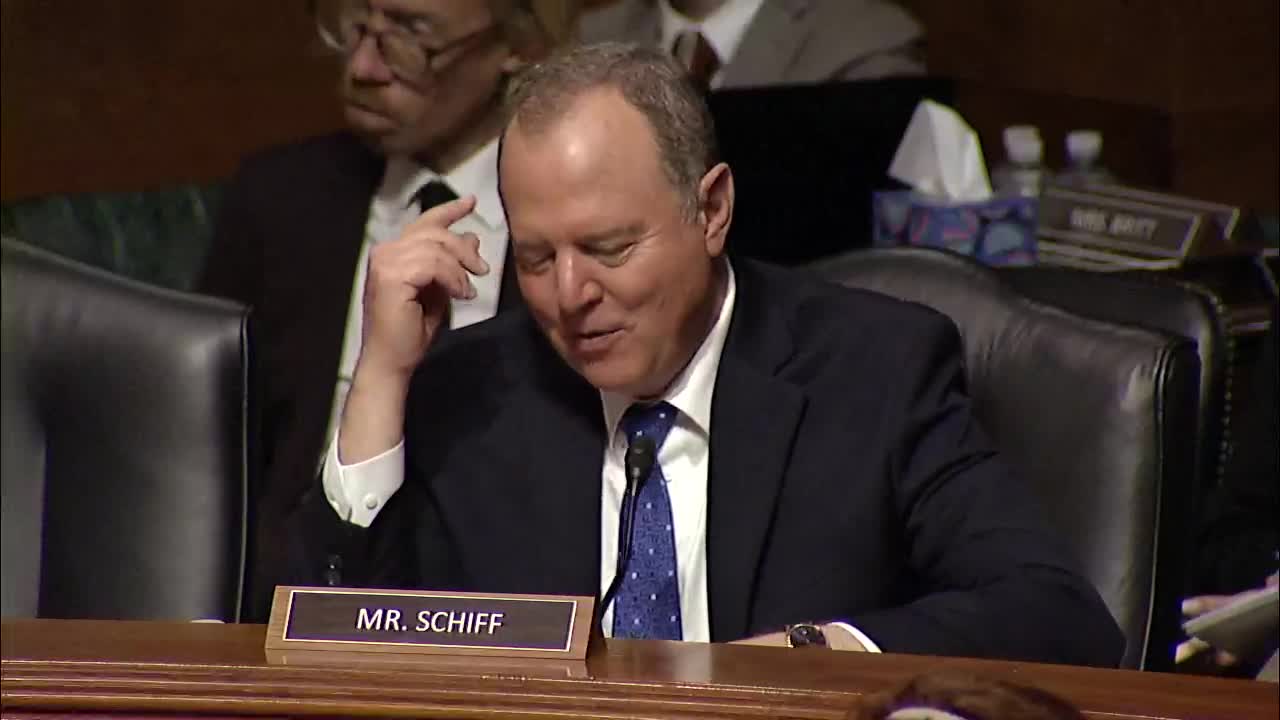Senate Panel Questions Trump Administration's Data Privacy Violation Allegations
July 30, 2025 | Judiciary: Senate Committee, Standing Committees - House & Senate, Congressional Hearings Compilation
This article was created by AI summarizing key points discussed. AI makes mistakes, so for full details and context, please refer to the video of the full meeting. Please report any errors so we can fix them. Report an error »

In a pivotal meeting of the U.S. Senate Committee on the Judiciary, lawmakers gathered to address a pressing issue that has stirred concern among citizens: the protection of personal data in the digital age. The atmosphere was charged as senators voiced alarm over recent reports indicating that federal agencies, under the current administration, have been requesting states to surrender sensitive personal information of millions of Americans enrolled in Medicaid and SNAP programs.
Senator's remarks highlighted a significant departure from established federal privacy protections, raising questions about the implications for citizens' rights. "These actions should alarm everyone," one senator stated, emphasizing the potential violations of federal and state privacy laws, including the Privacy Act of 1974 and HIPAA. The senator pressed for accountability, asking, "What precedent does it set when federal agencies bypass established privacy laws?"
The discussion turned to the broader implications of these actions, with witnesses expressing concern that the U.S. may be falling behind international standards for data protection. "It’s not clear whether government officials are following the right standards," one witness noted, reflecting a growing unease about the enforcement of privacy laws. The potential consequences of these violations were starkly outlined, with fears that they could lead to loss of healthcare, jobs, and housing for vulnerable Americans.
As the conversation unfolded, the committee explored the need for comprehensive privacy legislation that would not only bind the private sector but also hold the federal government accountable. Witnesses pointed out that many existing federal privacy laws set a minimum standard, allowing states to enhance protections for their citizens. This notion of states' rights to adapt and evolve privacy measures was a recurring theme, underscoring the importance of robust protections in an increasingly digital world.
The meeting concluded with a sense of urgency and determination among committee members to address these critical issues. As the digital landscape continues to evolve, the call for stronger privacy protections resonates louder than ever, leaving many to wonder how the government will respond to safeguard the virtual identities of Americans.
Senator's remarks highlighted a significant departure from established federal privacy protections, raising questions about the implications for citizens' rights. "These actions should alarm everyone," one senator stated, emphasizing the potential violations of federal and state privacy laws, including the Privacy Act of 1974 and HIPAA. The senator pressed for accountability, asking, "What precedent does it set when federal agencies bypass established privacy laws?"
The discussion turned to the broader implications of these actions, with witnesses expressing concern that the U.S. may be falling behind international standards for data protection. "It’s not clear whether government officials are following the right standards," one witness noted, reflecting a growing unease about the enforcement of privacy laws. The potential consequences of these violations were starkly outlined, with fears that they could lead to loss of healthcare, jobs, and housing for vulnerable Americans.
As the conversation unfolded, the committee explored the need for comprehensive privacy legislation that would not only bind the private sector but also hold the federal government accountable. Witnesses pointed out that many existing federal privacy laws set a minimum standard, allowing states to enhance protections for their citizens. This notion of states' rights to adapt and evolve privacy measures was a recurring theme, underscoring the importance of robust protections in an increasingly digital world.
The meeting concluded with a sense of urgency and determination among committee members to address these critical issues. As the digital landscape continues to evolve, the call for stronger privacy protections resonates louder than ever, leaving many to wonder how the government will respond to safeguard the virtual identities of Americans.
View full meeting
This article is based on a recent meeting—watch the full video and explore the complete transcript for deeper insights into the discussion.
View full meeting